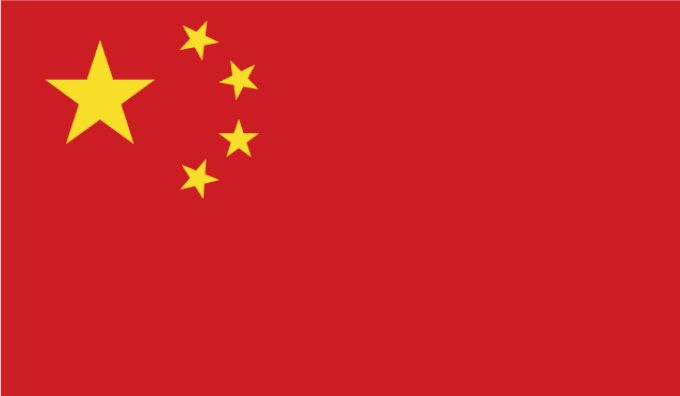China: Risk of enforced disappearance of lawyer Chang Weiping
11 February 2021
Chang Weiping is a human rights lawyer based in Baoji, Shaanxi province in northwest China. Mr. Chang provides free legal advice to vulnerable groups, including victims of faulty vaccines, as well as women, LGBT persons and persons living with HIV/AIDS and Hepatitis B who face discrimination in the workplace. It also provides legal advice to petitioners and human rights defenders who are subject to judicial harassment for legitimately exercising their human rights.
In October 2018, Baoji judicial authorities suspended the law firm and law license of Chang Weiping. Due to continued pressure and interference from the authorities, he was unable to secure employment with other law firms in 2019. In January 2020, the authorities officially announced the suspension of his law license.
On 12 January 2020, Mr. Chang Weiping was arrested by Shaanxi police and placed under residential surveillance in an unknown location on charges of “subversion of state power” (Article 105(1) of Chinese Criminal Law) in connection with a private meeting organised by academics, lawyers and human rights activists in December 2019 in Xiamen, Fujian Province, to discuss the situation of the rule of law and human rights in China.
On 13 January, Mr. Chang Weiping’s licence to practice law was cancelled.
On 21 January, Mr. Chang Weiping was released on bail pending trial. Nevertheless, he was asked to leave his home town and was confined to his family home in Baoji, where he remained under strict police surveillance, including daily telephone calls and weekly meetings with the police. In addition, he was prevented from being reunited with his family.
On 16 October 2020, Mr. Chang Weiping issued a social media video statement denouncing the physical and psychological torture he had suffered while in detention in January 2020, including being tied to a “tiger chair”.
On 22 October 2020, Mr Chang Weiping was arrested at his home in Fengxiang County, Shaanxi Province, by police officers from Baoji City. Later the same day, Mr. Chang Weiping’s wife received a phone call from a police officer who informed her that her husband had been placed under “residential surveillance in a designated place”.
On 26 October 2020, the Baoji City Public Security Bureau rejected two separate requests by Mr. Chang Weiping’s lawyers to meet with their client. In addition, one of the lawyers was informed that Mr. Chang Weiping was suspected of “subversion of state power” and that the case involved “state secrets”. At the time of publication of this urgent appeal, Mr. Chang Weiping had not been formally charged and his whereabouts were still unknown.
The OIAD strongly deplores the criminalisation by the Chinese authorities of any action in favour of human rights.
The OIAD expresses its deep indignation at this decision against a man who has dedicated his life and profession to the strengthening of human rights in China.
The OIAD would like to remind the Chinese authorities that under the terms of the United Nations Basic Principles on the Role of Lawyers (1990) :
“Governments shall ensure that lawyers (a) are able to perform all of their professional functions without intimidation, hindrance, harassment or improper interference; […]” (Principle 16).
“Lawyers like other citizens are entitled to freedom of expression, belief, association and assembly. In particular, they shall have the right to take part in public discussion of matters concerning the law, the administration of justice and the promotion and protection of human rights” (Principle 23).


Comments 0